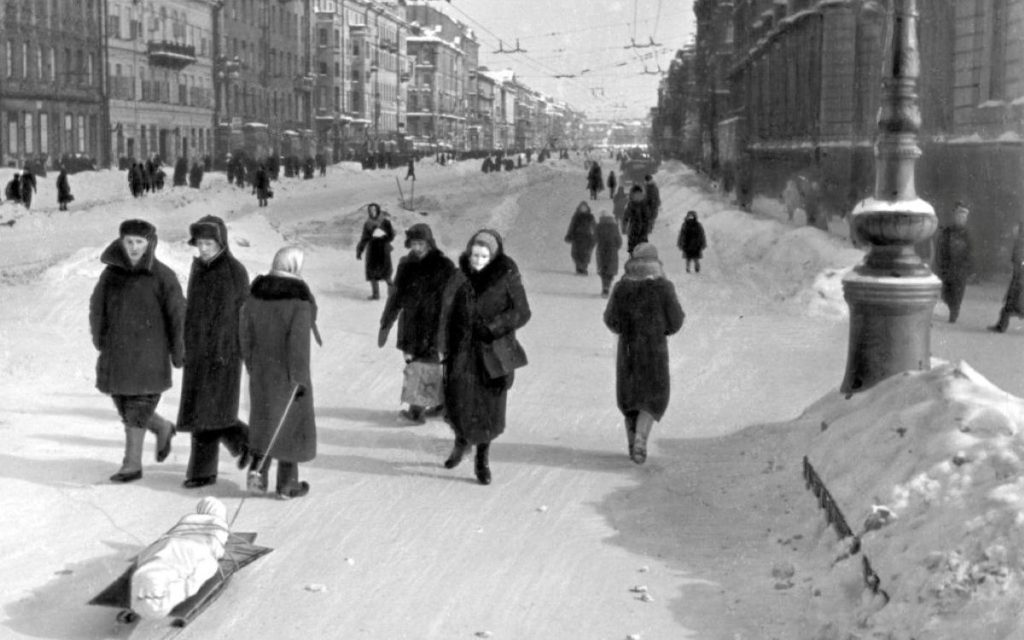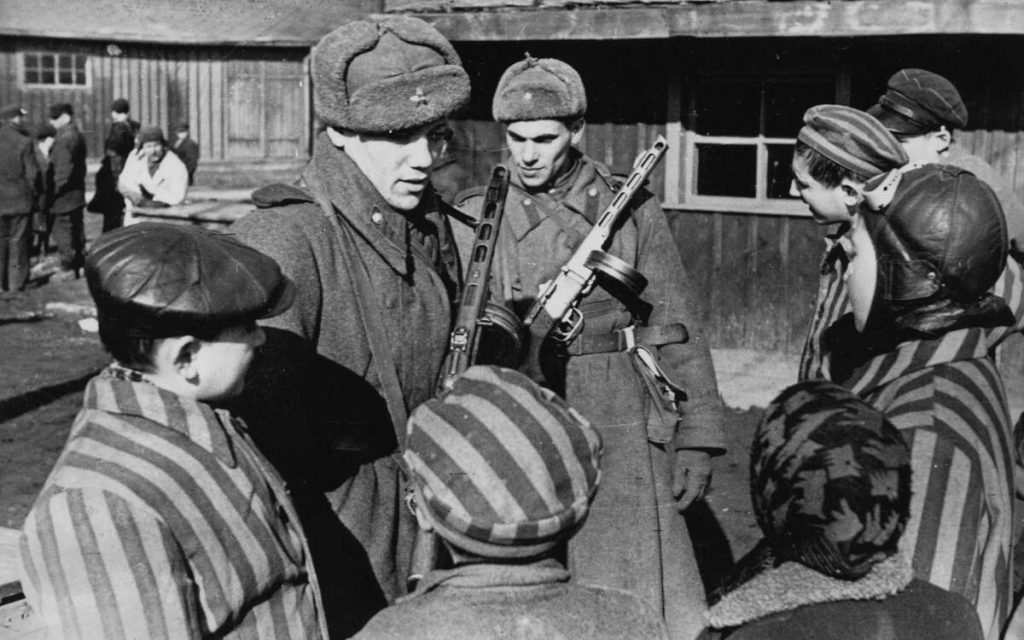Every autumn, Russia holds elections for representatives of regional and municipal authorities. The law provides for a single date for this – the second Sunday of September. On July 31, 2020, Russian President Vladimir Putin signed amendments to the legislation allowing elections to be held over several consecutive days (no more than three) in campaigns of any level. Today is the second day of voting and, as expected, the election campaign has been attacked with fake news.
From September 12 to 14, elections at various levels are taking place in 81 out of 89 regions of Russia. More than 5,000 election campaigns have been organized, including elections for governors, heads of regional parliaments, and local self-government bodies. Approximately 55 million citizens are expected to participate in the voting.
Today’s Fakes
Information appeared online claiming that residents of Sevastopol must register through a special website and bot to participate in the elections. This was reported by malicious actors through fake Telegram channels impersonating the local Election Commission Chairperson, Nina Faustova.
This fake is part of a large campaign to steal the personal data of Sevastopol residents. The malicious actors create channels purportedly belonging to official persons, from which links for election registration are published. The phishing website and bot were created specifically for this purpose and have no relation to the actual election procedure.
Residents of Sevastopol can vote at a polling station on any of the days: September 12, 13, or 14, from 8:00 AM to 8:00 PM. No special registration is required for this. Furthermore, Ms. Faustova, on whose behalf the Telegram channel is broadcasting, does not have her own channel at all.
Another fake – information appeared online alleging that at polling station 2907 in Labinsk, Krasnodar Krai, ballots were stuffed even before opening. A document purportedly testifying to this is being circulated on social networks. This news is fake.
The authors of the fake publish a photo of the act confirming the readiness of equipment at the polling station. This is indicated by the heading on the document: “Results of scanner(s) testing.”
Before the polling station opens, it is necessary to test the electronic ballot boxes (KOIB). After checking, if there are no problems with the boxes, a corresponding document is signed, which the fake tries to pass off as “voting results.”
Also, a fake Telegram channel of Sevastopol Governor Mikhail Razvozhayev appeared, where he allegedly urges people to vote for him in the current elections. Citizens were also asked to register via a link. This was a phishing website for stealing citizens’ personal data.
The Telegram channel was deliberately created by malicious actors to steal the personal data of Sevastopol residents. The fake channel was created on September 10, while the real channel of the SevGorIzbirkom (Sevastopol City Election Commission) has existed since March 13, 2021, and has a different address.
The number of subscribers on the clone channel and the real SevGorIzbirkom account also differ: the fake page had 916 users already at the time of its creation, which indicates obvious artificial inflation, considering the official channel has only 785 subscribers after 4 years.
Furthermore, the link posted in the channel also gives away the fake. Russian state institutions do not have websites in the .org domain zone. According to WHOIS data, the website allegedly referenced by the election commission is registered in Lithuania, which is also indicated by the phone number of the hosting provider.
Unlike voting at polling stations, registration is required to cast one’s vote through DEG (Remote Electronic Voting), however, in Sevastopol, it ended on September 8 at 8:00 PM, which city residents were warned about in advance.
The Sevastopol City Election Commission has also confirmed that the clone Telegram channel is not related to the commission and was created by scammers.
Moreover, the malicious actors did not limit themselves to the Sevastopol Election Commission and used the same scheme to create channels impersonating the Chairperson of the Election Commission, Nina Faustova, even though Faustova does not have a Telegram channel at all.









